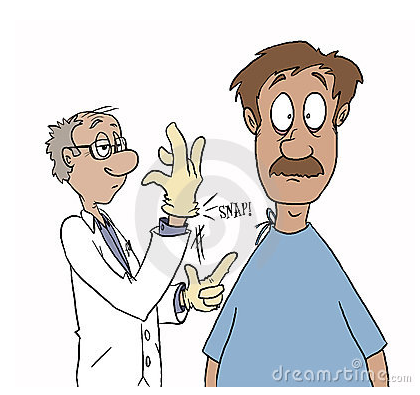Prostatitis.

CBS. NBC and FOX. Three erectile dysfunction and two Viagra commercials in less than a one-half hour span. Why so much malfunction going on out there guys?
Impotence and ED are just two challenging side effects of traditional prostate intervention. Are they a worthy price to pay for something as misunderstood as benign prostate enlargement? Why would a prostate enlarge?
Traditional medical thinking has not an answer. Could it be a natural response to something? With remedies ranging from SuperBetaProstate tablets to Transurethral needle ablation to an out and out radical prostatectomy, we need to look at what’s truly going on.
German New Medicine provides us solid empirical research for understanding prostate issues. GNM is the new science of wellness based on five biological laws which explain the cause, the development, and the natural healing of disease – correctly linking our psyche, brain and organ. A complete system that is verifiable from brain scans. GNM reveals that prostatitis, BPH as well as prostate cancer is not caused by genetic weakness but rather is initiated by an emergency biological response that assists an individual during a time of unexpected traumatic distress.The brain scans of clients experiencing BPH show without exception the emergency biological response to impact a very specific relay in the brainstem.
In GNM, the prostate conflict has many nuances. Technically, Dr. Hamer calls this an ugly genital conflict. I know, I know – not very helpful. Ugly refers to the conflict being nasty while genital refers to procreation. Oft times in centers around a betrayal. For example an older man is rejected, betrayed by a younger woman for a more virile partner | A messy (ugly) divorce, e.g. where his children are taken from him | A father loses his job and can no longer provide for his children | A man finds out he will never have children or grandchildren. There can also be a sense of emasculation, not necessarily sexual but rather manliness, machismo. The prostate will enlarge in order to produce more seminal fluid, as its about procreation. We have been told how dangerous elevated PSA(prostate specific antigen) levels can be. In general, anytime one’s manliness is involved – the PSA will rise to make him more manly. It’s an arbitrary number. Men can have extremely high PSA’s and remain perfectly healthy. It is in no way life threatening as we are not dealing with a vital organ. The fear of metastasis is unfounded.
With the prostate program, the biological purpose is brought to light when the specific prostate conflict theme is understood; procreation. During conflict activity, adenoid prostate cells proliferate, prostate secretion increases. An elevated PSA simply means that the prostate has enlarged in response to a very specific biological conflict. This is a normal process. At this time mycobacteria will also begin to multiply in preparation for the potential (assuming resolution) healing phase. The greater the intensity of the conflict active phase, the more quickly the adenocarcinoma grows. In a small percentage – the urethra will be impinged, causing delayed urination. The navigation through the healing phase is once again the most challenging aspect for the client and he needs to avail himself to whatever intervention is necessary to get through the PCL phase, especially in intense healing phases. If and when the individual can resolve the original conflict and address all tracks, the growth breaks down with TB mycobacteria. Night sweats, urine cloudiness and odor and even some bleeding may present. The PSA is normalized. Without TB mycobacteria, the PSA will remain elevated although cell mitosis will cease. Eventually a benign prostatic adenoma may be diagnosed.
*Another reason the medical community loves diagnostic testing is that it is so wonderfully unreliable. One test leads to another and to another. Tests are rated according to their sensitivity (their ability to indicate the presence of the disease the doctor-adventurer is searching for) and their specificity (the test’s ability to show a negative, or normal, result when the sought-after disease isn’t present). Accuracy is determined by balancing specificity and sensitivity. The PSA prostate cancer test discussed above by Bina Robinson is 80% specific and 75% sensitive, therefore 55% accurate. In practical terms, a man’s chances of finding out if he has prostate cancer by submitting to the PSA is about 5% better, and $75 more expensive, than by simply flipping a coin: heads I have it, tails I don’t. Incredibly, some very expensive tests are less than 50% accurate.
GNM provides us a radical demonstrative paradigm shift allowing us to relax and trust nature.

